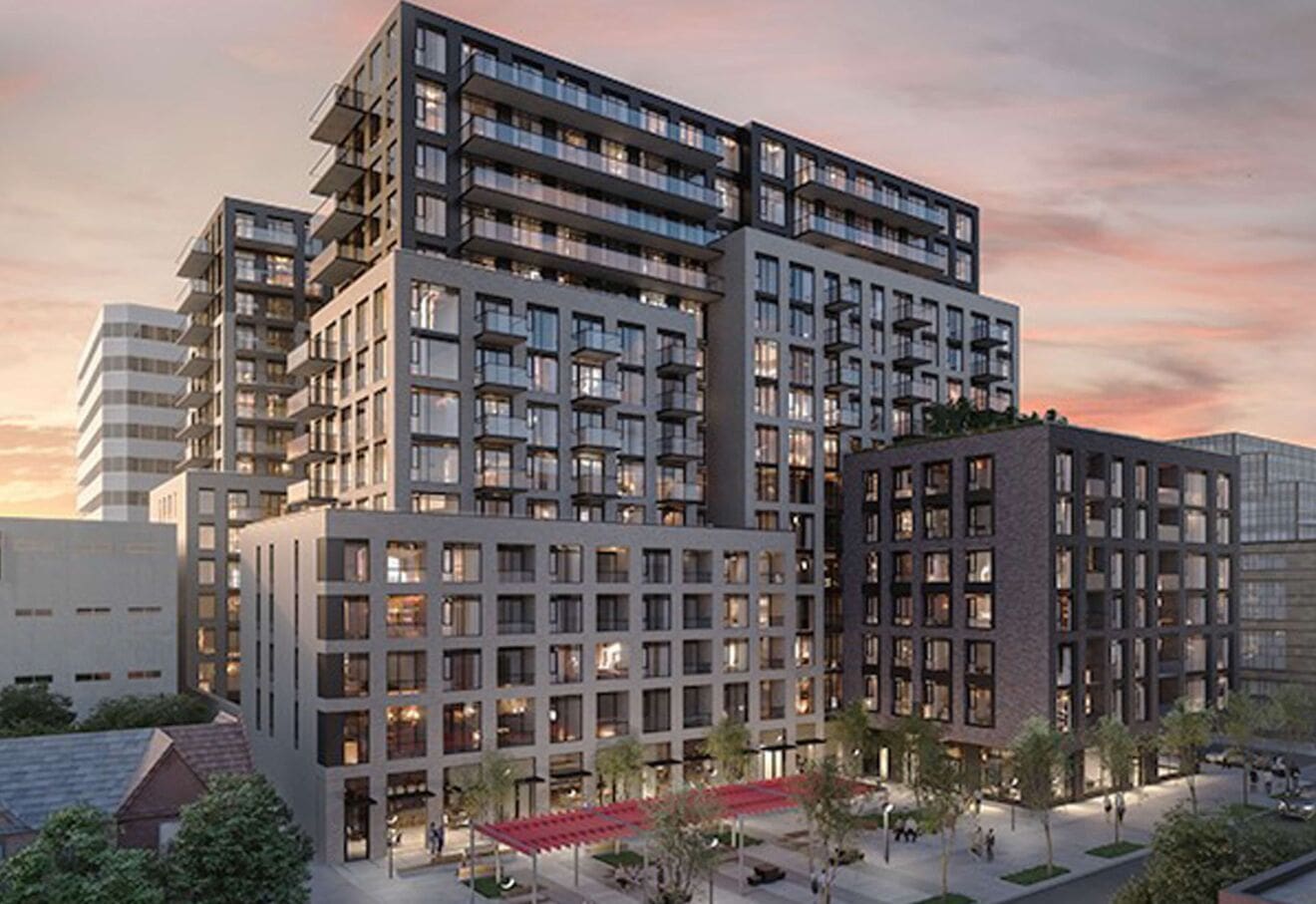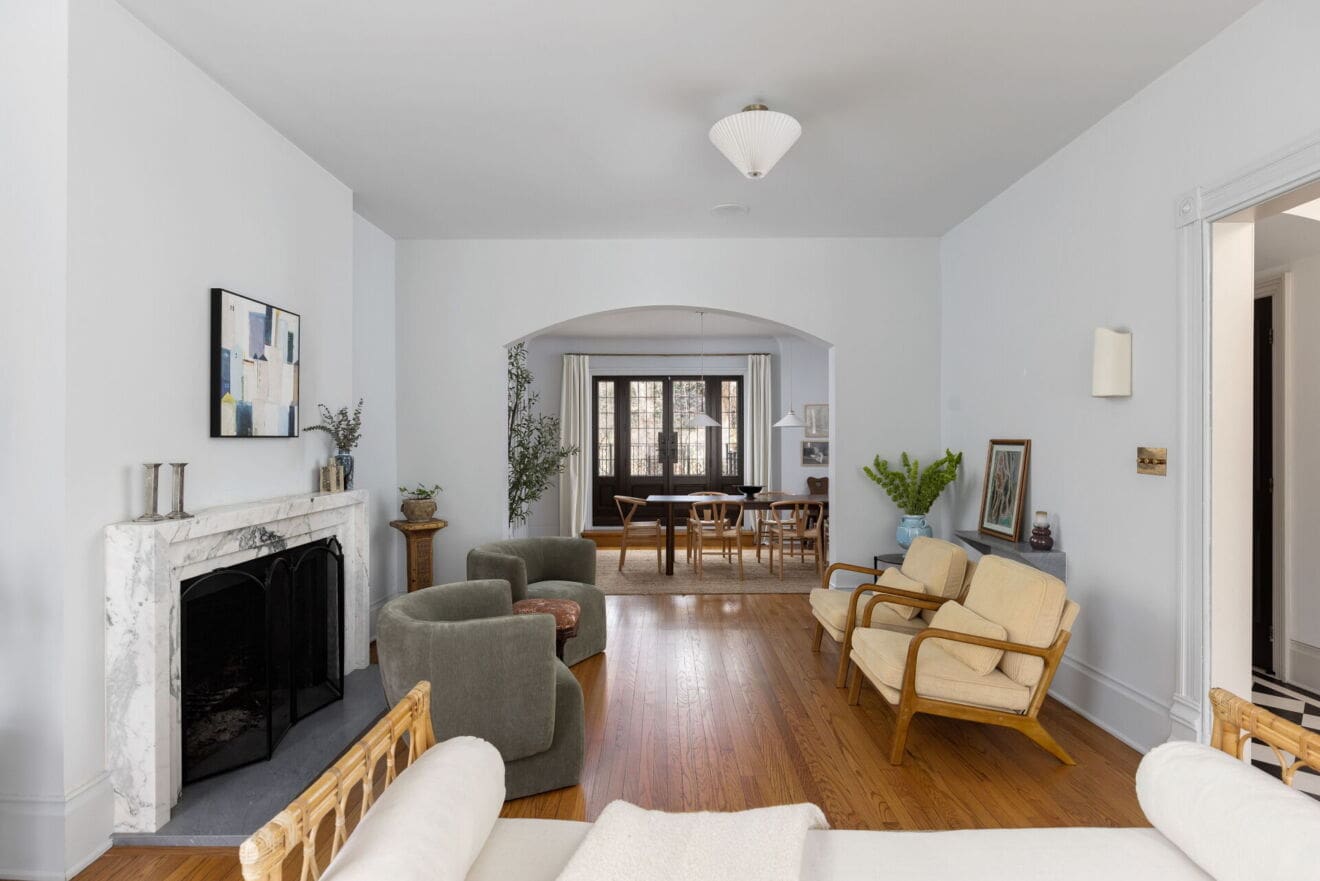Are you preparing to get into the real estate market by buying a home? If this is your first purchase, if you’re upgrading to a bigger home or even downsizing, you should be informed and educated. This is going to be one of the biggest financial decisions you make, so being prepared is a crucial first step in your real estate journey.
Take the time to educate yourself about what you are getting into before you commit to buying any property. The following tips are here to help you get started. These 10 things to do before the purchase of a house or condo will put you in a position for not only a smooth transaction but an enjoyable experience.
1. Have a Lender Pre-Approve You Before Shopping
We always say, the most important first step when buying a house or condo is to get a pre-approval. By doing so, you’ll know your spending power and won’t look at places you simply cannot afford. Pre-approval means you should be able to get the loan as long as nothing changes about your financial situation or your credit score.
A pre-approval letter also helps when you want to compete with another buyer for a home you love. One of the first things most sellers are going to ask their agent when receiving an offer is how qualified the buyer is to purchase. Sellers want to feel comfortable knowing the buyer is not going to get turned down for the loan. To get pre-approved lenders will verify employment, income, and credit.
2. Know Your Credit Score
Your credit score is one of the biggest factors in what your loan terms will be. Know your score before you ever try to get a loan and take the time to repair it if it is lower than 700. A good score which leads to a low-interest rate can save you tens of thousands of dollars over the life of the loan.
3. Know About Closing Costs and Other Fees
There are a lot of fees that come with a home purchase above and beyond the mortgage. Insurance, repairs, association fees, property taxes – you should have the income and the budget to handle all of these things if they are relevant to your purchase. Your realtor will be able to inform you about most of these costs, as will your real estate lawyer. You should also have some savings to cover emergencies with the home.
4. Know What You Want
Do you want a home or a condo? For many first-time home buyers, this is one of the first dilemmas they will try to solve. In fact, many buyers will look at both because they can’t make up their mind. To make sound decisions, you should know the pros and cons of a condo vs. a house.
After the excitement of buying the home passes, you will have to live in it for years. Make sure you are shopping for a home that will meet your needs and your lifestyle. More space is not always better. Lawns require upkeep. Being close to the things you like may wind up being more important than you realize. Understand you are not just buying a home, but a location as well. One of the key considerations that many buyers miss when purchasing a home is knowing how to pick a neighborhood they will love.
5. Work with a Skilled Realtor
Before starting your home search, be sure to find a Realtor that you’re comfortable with, that you trust, and that is an expert in their field. Not all realtors are skilled Buyer’s Agents – it’s critical to work with an agent that can interpret your wish list and not waste your time looking at properties that simply don’t work for you.
Interview several different buyer’s agents, read reviews and ask for referrals. Choose someone that is full time working in the business every day and has a recent history of successful and happy clients. The better the real estate agent knows the area, the better equipped they will be in understanding the differences in market value from one property to the next.
6. Understand the Actual Value of Any Property You are Buying
Working with a real estate agent that understands market values in your area is critical if you want to avoid overpaying for your house. Ask your realtor for a financial analysis of the neighbourhood, the future projections in value and how the listing compares to others in the same area. In addition to the actual purchase price, there are other fees like appraisal and inspections that can cost you more when you don’t understand the value of the home. Sellers and banks may not be flexible should you ask about adjusting the price later, either.
7. Understand Your Condo Fees
All condos have condo fees – a monthly charge for living in the building that is typically based on a price per square foot. These fees are mandatory, so you will have to pay dues and rely on the association to take care of certain things, like maintenance of common areas. Some homeowners’ associations are great, some are not. Know what you are getting yourself into before purchasing a condo. One of the best ways to find out is by asking a few of the people who already live there.
8. Don’t Stress About Design
Having a vision when looking at homes is critical. Don’t get too caught up in ugly paint colors, awful furniture and mismatched décor. One of the easiest things to change about a home is the color of the walls. Paint is inexpensive and can be applied by you after you buy. The same holds true for carpets. While it is always smart for a seller to spend the money to neutralize a home before it goes on the market, it doesn’t mean you should pass on it if they don’t.
9. Don’t Do Anything to Affect Your Financial Situation
Your pre-approval is based on the information given at the time of your application. Any changes, like getting a different job or taking out a car loan, can result in denial of the loan request when you go to purchase a house.
10. Know the Potential Growth of Your Investment
Buying a fixer-upper in an area that is growing offers the possibility of an increase in the value of your home versus others that are completely finished. In contrast, buying the nicest house in the area may not have much of an upside.
Consult with your real estate agent and ask them their opinion on the prospects for profit if the general area continues to rise in value. Will the home lag the market or be a stalwart? If the return on investment is necessary, this is surely something you should find out.
By educating yourself on the real estate market, and preparing your financial situation, you’ll ensure the home-buying process is seamless and enjoyable. It really is possible.
Interested in learning more about buying and what areas are the best in the city right now? Our expertise is second to none. Simply contact us by filling out the form below – we’ll be back in touch right away.






